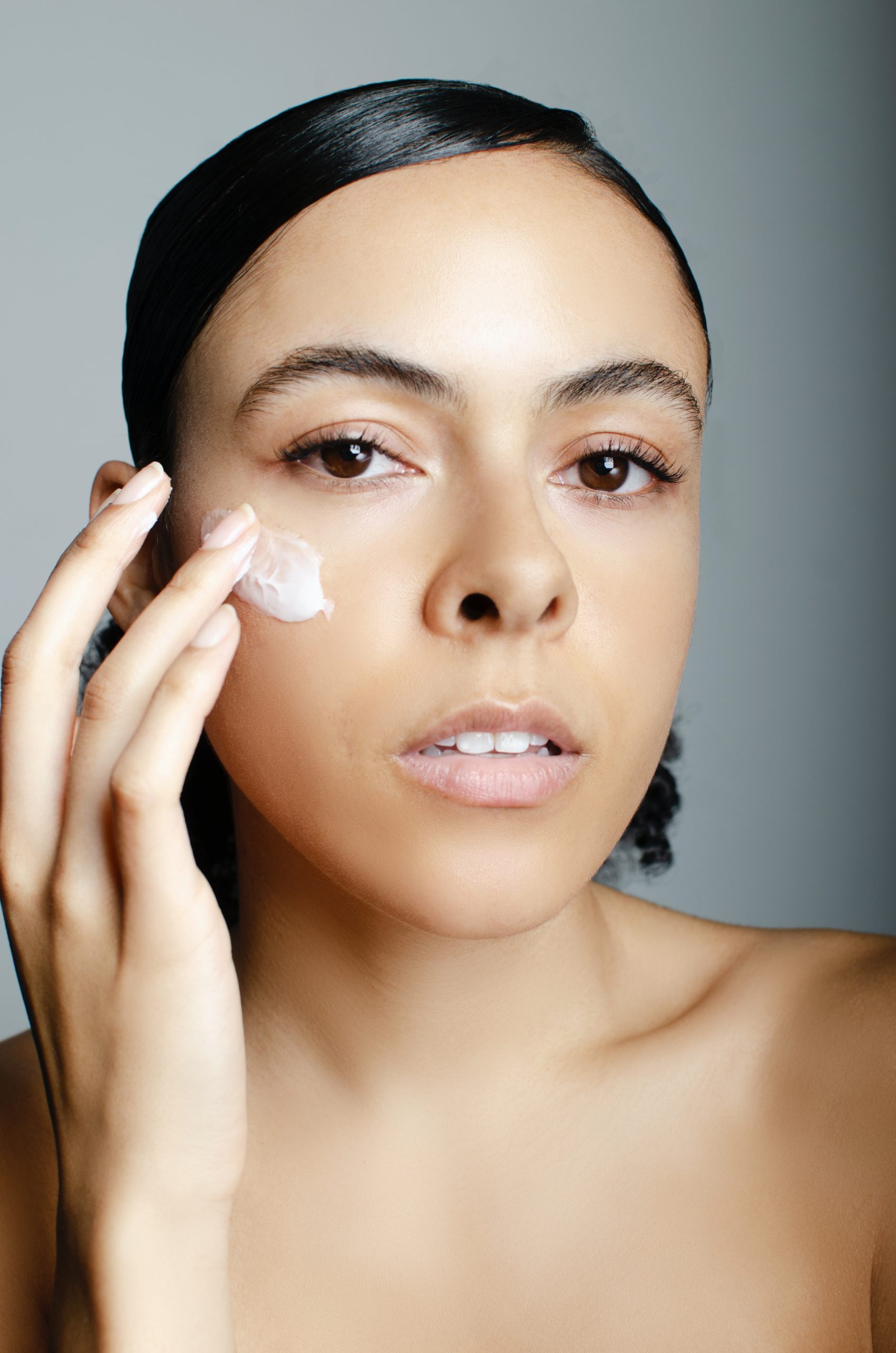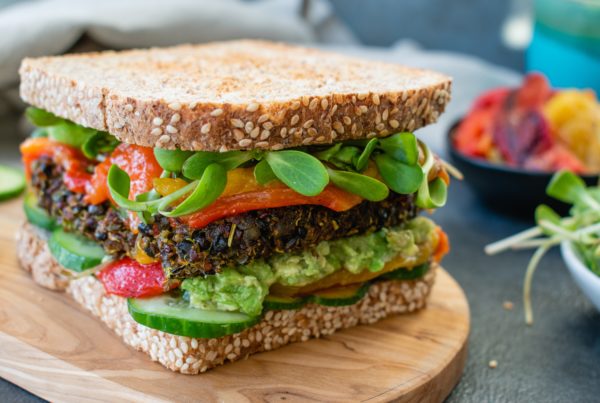As we age, collagen production declines, resulting in aging effects like wrinkles and sagging of the skin. With the beauty industry obsessed with anti-aging products, it is no surprise that collagen is receiving lots of attention.
Collagen is synthesized in our bodies by using amino acids from protein-rich foods, most notably glycine, proline and hydroxyproline. Vitamin C is also essential for collagen synthesis because without it, the enzymes involved in producing collagen cannot function.
What the Science Says
A randomized, double-blind, placebo-controlled study on the oral intake of low-molecular-weight collagen peptides found that skin hydration, wrinkling and elasticity were improved in middle-aged women. It is hypothesized that collagen peptides stimulate the synthesis of hyaluronic acid which is an important molecule involved in skin hydration and elasticity. Collagen intake also reduces the action of an enzyme called matrix metalloproteinases or MMPs. MMPs degrade proteins in the skin which can lead to wrinkle formation and reduced skin elasticity.
Should You Start Collagen Supplements?
While collagen supplements are generally safe, they might not be for everyone. A cheaper alternative that you can use to boost collagen production is by eating a balanced diet full of protein-rich foods to reap the same benefits. In fact, collagen is not absorbed intact, it has to be broken down into its corresponding amino acids for absorption and then it may be resynthesized into collagen or other proteins. In other words, you can get the necessary amino acids for collagen synthesis from any protein source like cheese, beans and quinoa. Rich sources of collagen come from animal products such as bone broth, eggs, gelatin, chicken and tendons.
Collagen production requires many other nutrients besides protein and vitamin C, therefore it is important to eat a balanced diet. Lifestyle factors also impact collagen production so make sure to get good quality sleep and maintain healthful habits.
Reviewed by Annie Tsang, RD
References
Kim, D. U., Chung, H. C., Choi, J., Sakai, Y., & Lee, B. Y. (2018). Oral Intake of Low-Molecular-Weight Collagen Peptide Improves Hydration, Elasticity, and Wrinkling in Human Skin: A Randomized, Double-Blind, Placebo-Controlled Study. Nutrients, 10(7), 826. https://doi.org/10.3390/nu10070826
Santa Cruz, J. (2019). Dietary Collagen – Should Consumers Believe the Hype? Retrieved from Today’s Dietitian website: https://www.todaysdietitian.com/newarchives/0319p26.shtml



